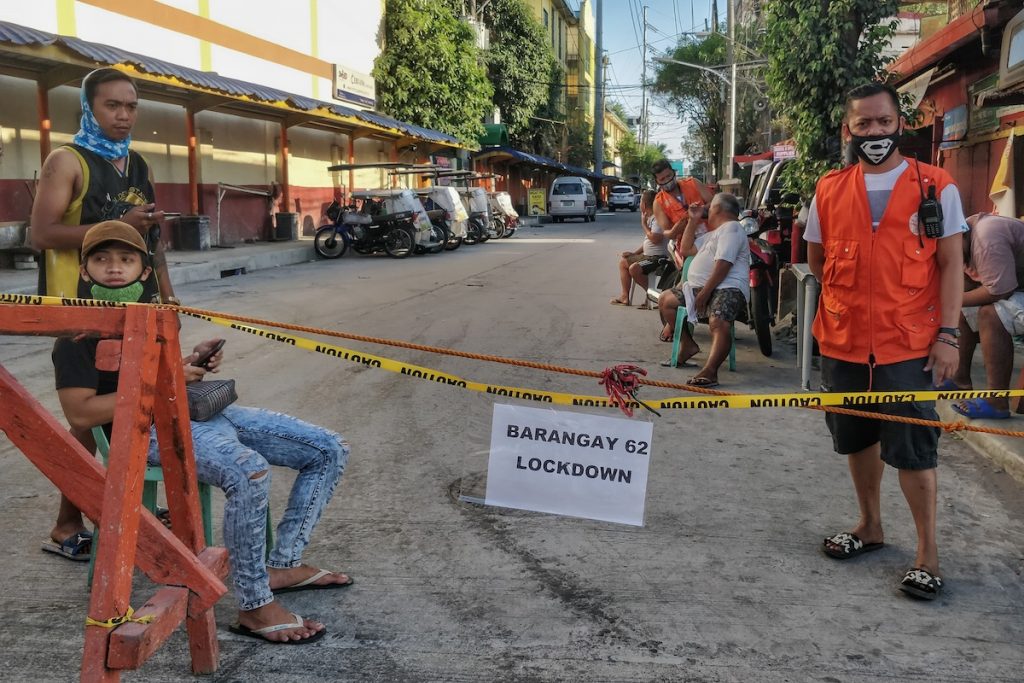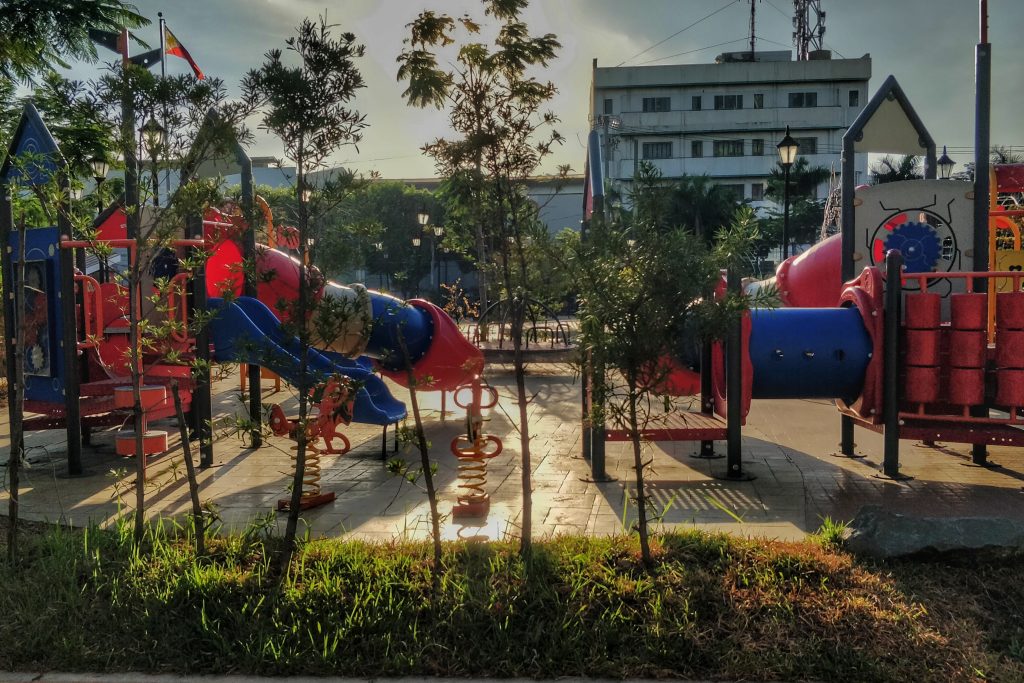The plague has hit us hard this time. In our own small corners of modern civilization, time has expanded while space has shrunk into a dystopian-like world.
The days that used to swiftly fly by, faster than our senses could count, are now pacing to the ticking of every second. Listening to the clock has always been tedious, and our sanity can only be redeemed by the television flashes of new updates on the plague.
My mornings and evenings are now occupied with trying to listen to improving trends, anticipating that all this mayhem may cease during the precise month it is predicted to subside, hoping that all of us will be able to return to our strange yet normal lives.
The buildings in the metropolis that used to echo with the cacophonies of workers struggling to make a meaningful living out of their daily wages, are now empty and eerily silent; the streets in the villages that used to be filled with the laughter and tears emanating from the stories — real or imaginary — that inspire us, are now humming with the many little mumblings about an uncertain future.
There are, of course, the occasional appearances of creatures donned in the fullest of hazmat gear, or the brave volunteers who daily risk their lives, armed only with their uniforms, ubiquitous face-masks, and their prayers, to remind us of the disciplines that will keep us alive and safe.
Groceries and supermarkets, places that used to contain our love for the leisure of spending all the money we earned, are now the epicenters of anxiety, where we desperately scramble for the scarce resources needed for survival.
The empty shelves of basic necessities are a testimony to our innate selfishness, and only the presence of the agents of government, or the rare countenance of a warrior of charity, can ensure that there will always be enough for everybody.
Hospitals are now at ground zero. This is the battlefield in which we are now being conditioned to fight the unseen enemy. The cries of terror of unexpecting victims can only be soothed by the calmness of these medical soldiers who may themselves be victims already.


It is interesting to note that there is no time more appropriate than today for each of us to be reminded of the redemptive value of the sufferings of Christ: That he or she who gives life so that many will be spared, will be the seed that gives hope for a sustainable tomorrow.
The hustle and bustle has shifted to our homes. Cramped within the niches of our own little universes, amidst our unfamiliar encounter with quarantines and lockdowns, we are left to ruminate on the possibilities of a better life.
Fourteen days is an extremely long wait for most of us. The agony of waiting for the first sign of fever, for the first symptom of a cold or a cough, or for the first indication of shortness of breath, and not knowing whether we have been struck by the virus, by the tropical climate, or by our own delusions, can be irritating.
Suspicions that one in your family has it can be even more mind-boggling.
Depending on where your thoughts are drifting at this moment, we are afraid that a loved one might unexpectedly depart, or that a loved one might cause you to unexpectedly depart.
Though we may avail ourselves of the chance we have been given to better know and bond with family, we are also faced with the horrible possibility that this close circle of kinship may soon be broken.


The only light in our midst now is Christ. The crucifix on our lonely, dusty, and untouched altars, hiding in the flickering shadows of our votive candles, which shine brightly — now, more than ever before. That light rekindles our sense of the Passion that comes with the disorder of the day, and beckons the Resurrection that comes with the reordering of the night.
The life of Jesus has been a consistent and fierce battle with the plague of indifference, with the disease of selfishness, and with the stigma of marginalization. His public life was a voluntary departure from the tranquil order of a carpenter’s livelihood, to the dizzying disorder of a rebel’s struggle for a seemingly impossible cause.
He actually chose to combat the plague of his time, to give himself to repair the chaos that others had caused, and to throw asunder the hypocrisy, the flattery, and the deceit that resulted in the misery of so many.
He actually opted to be swallowed up in the disorder that will recreate the cosmos, trusting and surrendering his fate to his Creator, to the Spirit and Force that knows all and sees all.
Unlike Christ, we are now faced with a trial we have not chosen to confront. Fate is trickier than we thought, but we can always be wiser. Wisdom lies in the courage of Christ, who willfully took on the armor of selflessness and humility, to remind a world drowning in a quagmire of selfishness and pride, that there is always the possibility of a better life.
This entrance of a microscopic virus, disturbing the order that we have comfortably set in the contexts of neoliberal economics, dictatorial populism, and inflexible ecclesiology, is a challenge for us to rethink that there may be better options that will alleviate the poverty, relieve the pain, and better uplift the soul to the heavens.
Our quarantine is thus an opportunity, an unscheduled retreat, in which we are given the chance to reevaluate our lives, and to hopefully see more clearly the possibility of another world. I can only regret if after all this trouble, we will simply return with relish to continue the regime of oppression we have mistakenly begun.
Brother Jess Matias is a professed brother of the Secular Franciscan Order. He serves as minister of the St. Pio of Pietrelcina Fraternity at St. Francis of Assisi Parish in Mandaluyong City, coordinator of the Padre Pio Prayer Groups of the Capuchins in the Philippines and prison counselor and catechist for the Bureau of Jail Management and Penology.
The views expressed in this article are the opinions of the author and do not necessarily reflect the editorial stance of LiCAS.news.


